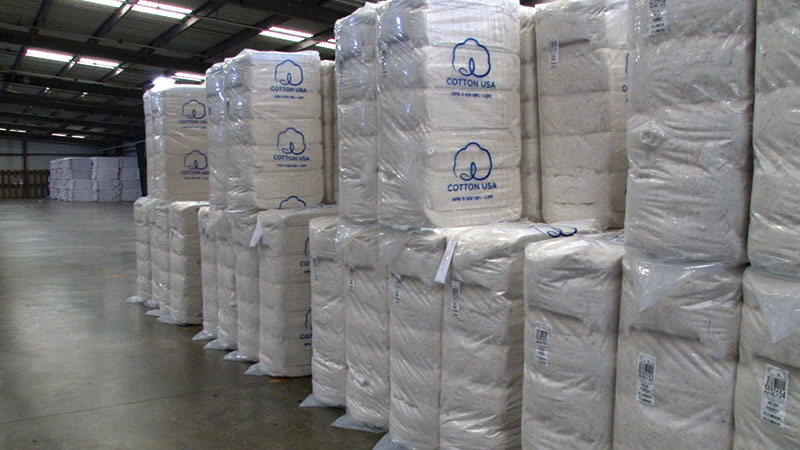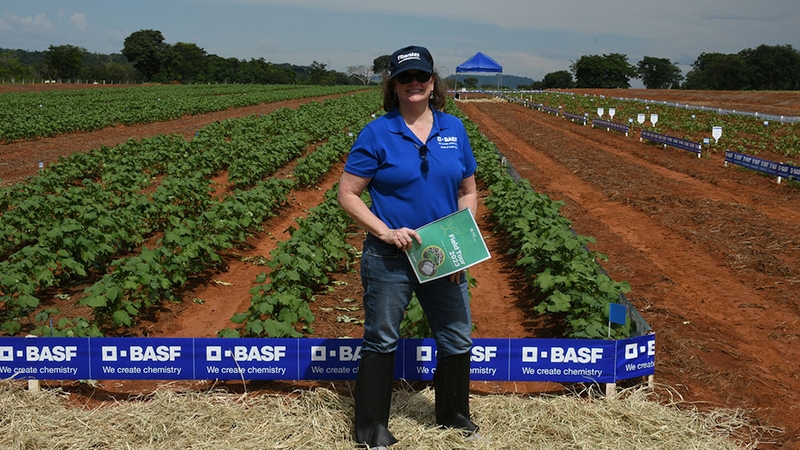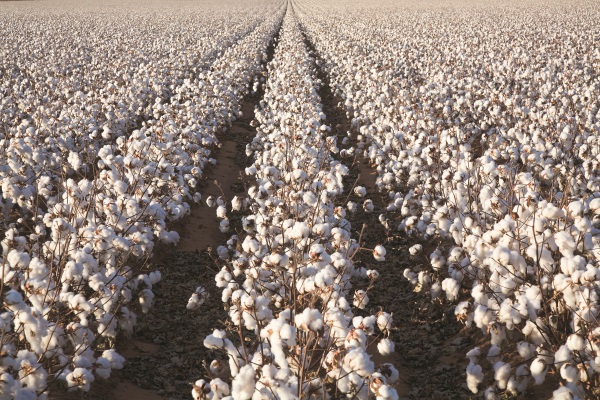Trading Rules Standardization
The turbulent times in the cotton market that we are all currently encountering leads me to believe that there has never been a more important time for the cotton industry to seek solidarity. In order to achieve this, it makes perfect sense to have a common set of trading rules that are clear, definitive, impartial and easy for everyone to understand.
There are currently many cotton associations around the world that have their own set of trading rules – some in cotton exporting countries, others in consuming countries. Set up to serve the local interests of their members, the existence of these associations is important and there is a real need for them to continue. However, the standardization of a common set of rules throughout these associations would remove the ambiguity that often leads to counter party risk when buying and selling under different rules. In turn, this would strengthen contract sanctity and have a positive impact throughout the cotton community.
Achieving International Standardization
The first point to consider when discovering how to achieve international standardization is jurisdiction. Under which jurisdiction do they fall? Throughout the commodity trading world it is generally recognized that English Law is one of the most equitable and impartial legal systems, with its arbitration law probably the most developed in the world. In fact, most commodities, such as grains, oilseedsand sugar, trade under their own set of standardized rules, and the jurisdiction of these rules is predominately English Law. Where this is not the case, the rules tend to dovetail; the name of the individual trade association remains, but both sets of rules are in line with each other, maintaining the same principals, integrity and helping to remove ambiguity.
The second point to consider is: Who will lead the way? To begin, we need to ensure that a healthy, open dialogue exists between the different cotton associations around the world. This can be achieved through an already established and well recognized forum of worldwide cotton associations, namely the Committee for International Co-operation between Cotton Associations (CICCA).
The European associations are proactive within the CICCA arena, and a process has already been set in motion with Bremen Baumwollborse who has now adopted ICA Rules. In order to facilitate this process it was logical to ask Bremen to nominate a representative to sit on the Rules Committee of the ICA.
The Rules Committee is one of the most active and demanding of the ICA committees. Made up of members from all sectors of the trade, the Committee constantly reviews the existing rules to ensure that they are equitable and fair to all parties. Bremen’s active involvement in this process takes the industry a step closer to standardization.
ICA Leads the Way
But why should the ICA lead the way in this movement towards international standardization? At the ICA we firmly believe that standardization will benefit our industry, helping to ensure contract sanctity throughout the global trade of cotton. That is why we are eager to move forward and, based on our history and experience, we feel the ICA is best equipped to lead the way.
It is estimated that the majority of the world’s free traded cotton is done so under the Rules and Bylaws of the ICA, which means that we are already well placed to facilitate the move towards a standard set of rules throughout the world markets.
The jurisdiction of the ICA Rules is English Law – the most internationally recognized authority of law.
As an Arbitral body, we have over 165 years of experience in conducting arbitrations and currently have in place more than 40 qualified arbitrators, residing in 10 counties.
We have already worked in partnership with other cotton associations who have successfully adopted ICA Rules.
I truly believe that it is in the industry’s best interest to pursue the goal of international standardization and I look forward to beginning – and continuing – open discussions with all cotton associations worldwide.









